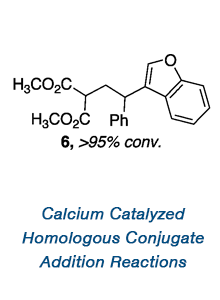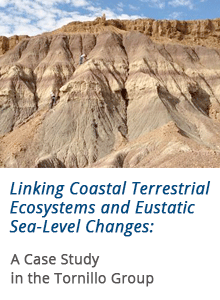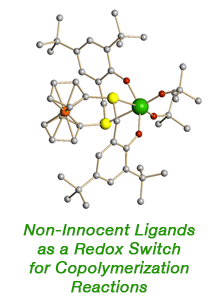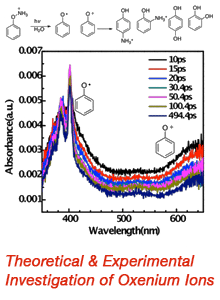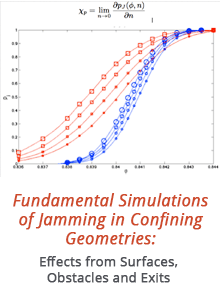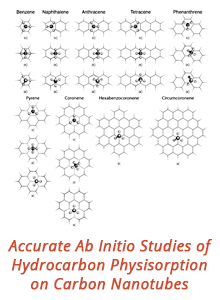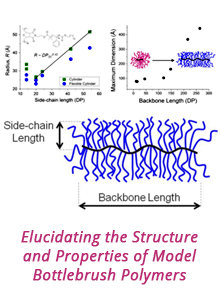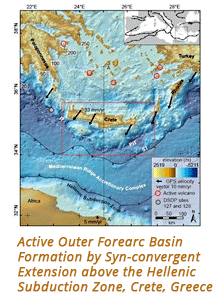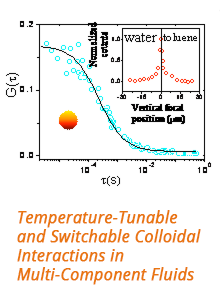58th Annual Report on Research 2013 Under Sponsorship of the ACS Petroleum Research Fund
Reports: UNI1051721-UNI10: A Bond Valence-Mediated Approach to the Synthesis of Mixed Anion Inorganic Frameworks
Michael Marvel, PhD, Aurora University
Sharon Miller, PhD, Aurora University
ACS Midterm Grant Report from Aurora University – Grant Period: 1/1/12 - 8/31/13
The following progress report is for the grant entitled “A Bond Valence-Mediated Approach to the Synthesis of Mixed-Anion Inorganic Frameworks”. The proposal identified a two-pronged approach to the creation of novel inorganic three-dimensional framework structures that possess unique piezoelectric properties. First, a comprehensive and bond valence-driven survey would be conducted to identify solid state cation-anion interaction preferences and their structure effects. Following this theoretical exploration, synthesis of a new class of three dimensional frameworks using hydrothermal combinations of fluorinated borate and molybdate polyhedral with heterocationic alkali bond networks would be performed. Both steps were intended to provide students with opportunities for independent study research.
Results from the bond valence-driven survey using the Inorganic Crystal Survey Database (ICSD) are elusive, as the grant-awarded PI, Dr. Marvel, did not leave detailed records before he left Aurora University in September 2013. Students who had participated in this process had graduated and are unreachable.
However, during the 2012-13 school year, students under the guidance of Dr. Marvel were trained in inorganic synthesis using a single reaction vessel that could initially accommodate eight pouches. This was to be an instrumental step in this bond-mediated approach the synthesis of novel inorganic frameworks, because the project was based on how slight variations in the cationic networks of bonds surrounding the anionic polyhedral influence composition. The manufacturer of the thermoimpulse heat sealer had no inventory due to supplier issues; therefore, the students were required to synthesize one reaction per vessel. Nonetheless, students were successful at synthesizing synthetic inorganic frameworks after combining fluorinated borate and molybdate polyhedral with heterocationic alkali bond networks.
The samples were prepared by mixing different ratios of Na2MO4/KCl in about 3M HCl/water solutions. The solutions were placed in Parr pressure vessels and heated for 30 minutes. The solutions were allowed to sit at ambient temperatures. To encourage crystal growth, the liquid was evaporated on a hot plate or in a Parr oven. The temperature of the Parr oven was controlled and at lower temperatures (110oC). This provided slower evaporation and better crystal growth of the samples dried in the Parr oven.
The resulting crystalline solids were analyzed by power x-ray diffraction, recently acquired (June 2013) powder diffractometer, Rigaku Miniflex-600, on Aurora University’s campus. The results were inconclusive to determine if structures changed and were related to the Na/K reaction ratios. This is the lead in work for the fluorinated borate, molybdate, alkali fluoride reactions that are expected to lead to more predictable structures. The continuing systematic studies of this and other projects are to develop undergraduate research at Aurora University and solid structure inorganic chemistry.
Synthesis characterization is being performed on the powder diffractometer. Students continuing this research in the fall of 2013 required training in how to calibrate the machine and obtain crystal spectra for the newly made inorganic structures. In the past month, students were able to successfully run spectra at (parameters) and are now using the PDXL powder diffraction library to identify the fabricated compounds.
Continued emphasis will be placed on the goal of this grant, which is to provide undergraduate research and increasing student understanding, skill, and knowledge of inorganic chemistry. Dr. Sharon Miller, Assistant Professor of Chemistry, will continue as PI on this grant, bringing this type of research experience to more students through courses, individual research, and summer institutes. Jianhua Zhang, Adjunct Professor of Chemistry and research advisor, will work on this project, too. Only students will be paid from the grant. Also, students will travel with faculty to the ACS conference to gain a broader understanding of research and dissemination of information.
Copyright © 2014 American Chemical Society


